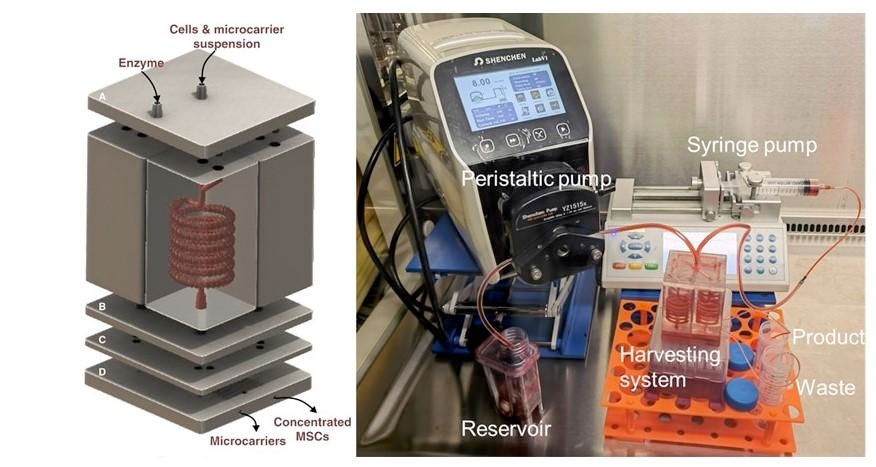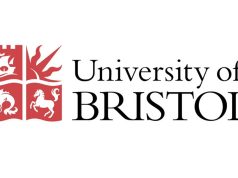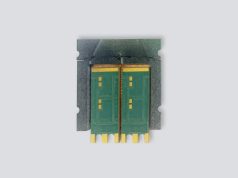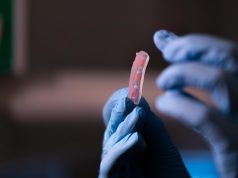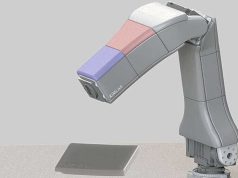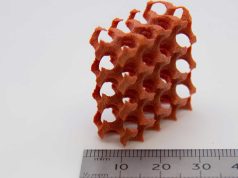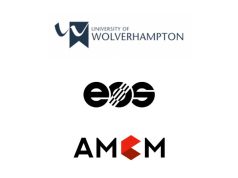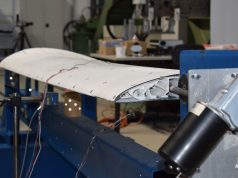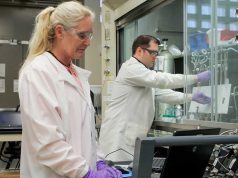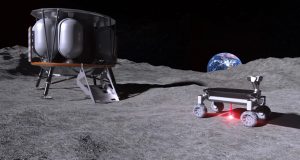Researchers have developed a unique 3D-printed system for harvesting stem cells from bioreactors that offers the possibility of producing high-quality stem cells on a large scale and at lower cost in Australia.
Stem cells hold promise for treating many diseases and injuries, from arthritis and diabetes to cancer, as they can replace damaged cells. However, current technology for harvesting stem cells is labor-intensive, time-consuming and expensive.
University of Technology Sydney biomedical engineer Professor Majid Warkiani led the translational research in collaboration with industry partner Regeneus, an Australian biotechnology company developing stem cell therapies to treat inflammation and pain.
Our cutting-edge technology, which uses 3D printing and microfluidics to integrate a number of production steps into one device can help make stem cell therapies more widely available to patients at a lower cost. While this world-first system is currently at the prototype stage, we are working closely with biotechnology companies to commercialise the technology. Importantly, it is a closed system with no human intervention, which is necessary for current good manufacturing practices,” said Professor Warkiani.
Microfluidics is the precise control of fluids at the microscopic level that can be used to manipulate cells and particles. Advances in 3D printing have enabled direct design of microfluidic devices, allowing rapid prototyping and construction of integrated systems.
The new system is designed to process mesenchymal stem cells, a type of adult stem cell that can divide and differentiate into various tissue cells, including bone, cartilage, muscle, fat and connective tissue.
Mesenchymal stem cells are first harvested from human bone marrow, adipose tissue or blood. They are then transferred to a bioreactor in the lab and combined with microcarriers to allow the cells to proliferate.
The new system combines four micromixers, a spiral microfluidic separator and a microfluidic concentrator to detach and separate the mesenchymal stem cells from the microcarriers and concentrate them for further processing.
Professor Warkiani said other industrial challenges in the bioprocessing industry can also be addressed with the same technology and workflow to reduce costs and improve the quality of a range of life-saving products such as stem cells and CAR-T cells.
The full paper can be found here.
Find out more about the University of Sydney here, and find out more about Regeneus here.
Subscribe to our Newsletter
3DPResso is a weekly newsletter that links to the most exciting global stories from the 3D printing and additive manufacturing industry.



